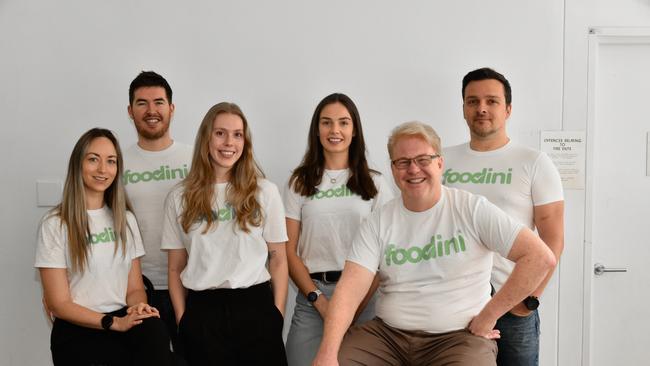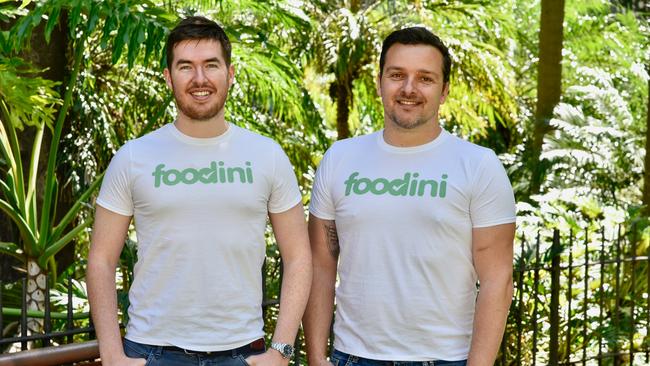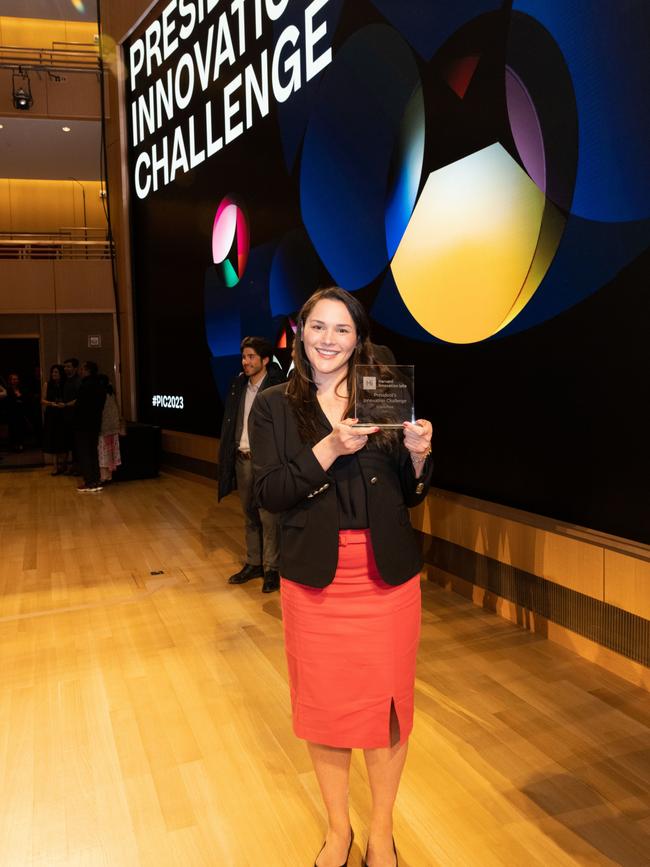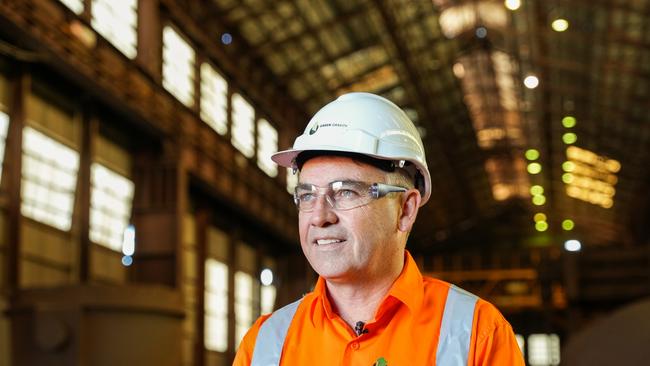The Aussie start-ups pitching for American money at US festival South by Southwest
In just over a fortnight, 20 Australian start-ups will go head to head to nab a spot at a US showcase which has enabled firms to raise more than $US23.2bn.

A start-up building the first roadside assistance service in space, a mobile and web app which connects customers with dietary needs to restaurants, and an energy start-up turning legacy mining sites into energy storage centres will battle it out next month for a chance at an American dream.
Those are just three of 20 Aussie start-ups set to give their best pitches to a group of judges across six categories – gaming, sustainability, AI, health, fintech (financial technology) and space – at US festival South by Southwest as it takes place for the first time outside of the country.
The festival, dubbed SXSW, will largely take place in Sydney’s tech central district – an area comprising Haymarket, Surry Hills, Ultimo, Redfern, Chippendale and Eveleigh. Events will also be held at Tumbalong Park in Darling Harbour.
Dylan McDonnell is among those pitching for the prize of being flown to the US next March to make the case – alongside American start-ups – to US investors.

Mr McDonnell is a former corporate lawyer who transitioned into building the technology to hold corporate lunches that don’t ignore those who have specific dietary requirements.
His start-up is called Foodini, and it’s a mobile and web application that can cater for up to 50 different dietary requirements – from those who have severe reactions to certain foods to those just looking to beef up their diet with more protein.
The start-up doesn’t just make recommendations, it uses a team of dietitians who work with restaurant platforms that join its service, Mr McDonnell said.
“We have the full spectrum of users from people who have severe food allergies like anaphylaxis and coeliacs as well, all the way through to the other side where it’s someone whose personal trainer told them to avoid dairy next week,” he said.
The start-up has landed a number of customers, including Crown Group in Melbourne, which place a QR code into their menus for customers to find appropriate dishes.
The start-up is run by a team of people with strict dietary requirements, including Mr McDonnell who is coeliac and admits team lunches haven’t always been the easiest to organise.
Having to explain dietary requirements in a restaurant setting was uncomfortable for most, and often resulted in people just staying home and missing out on social events, he said.
“I personally hate having the conversation in a group setting. You can feel like you’re causing trouble,” Mr McDonnell said.
Foodini had previously raised $750,00o and wants to raise $3m next.
Fronting up alongside Foodini is In-Confidence, an Australian start-up co-founded by Brisbane doctor and Harvard University graduate Helena Franco.
Dr Franco and her co-founders have developed a smart patch which can stimulate a nerve and reduce urinary incontinence.
Dr Franco described the patch as a non-invasive way to treat issues that affect the overwhelming majority of older people. It works, she said, by placing the patch around an ankle, which stimulates the nerve
“I think something that is interesting about urinary incontinence is just how prevalent it is. We are working towards a solution that is relatively poorly managed,” she said, adding that “incontinence has a devastating impact on quality of life”.

The In-Confidence team was the first Australian group to win the grand prize in health and life sciences at the Harvard President’s Innovation Challenge in the US this year.
In-Confidence is seeking to raise between $8m to $10m.
Another Australian start-up aiming sky high, and beyond, if you will, is Space Machines Company.
The start-up is building the capability to deliver a roadside assistance-type model in space, co-founder George Freney said.
“Our future vision is that we are building a network of orbital servicing vehicles to provide an NRMA-like service and protection capability for critical interface infrastructure,” he said.
SMC uses a navigation system developed by Advanced Navigation and will, if all goes according to plan, provide a monitoring system in space for satellites and rockets.
“Over time, the call-out services get more complex. We envision a future where there is some form of maintenance and repair that can be done; refuelling and tugging satellites out of graveyard orbits and out of the way is also on the radar,” he said.
The start-up’s first vehicle, Optimus, will be launched in February next year from the US on a SpaceX vehicle. It will be carrying six Australian payloads and the mission will be used to test the technology stack.
Space Machines Company has not said how much it wants to raise but in the past had raised $4m.
Another Australian start-up looking to create a buzz in the US is one which has found a way to turn old mine sites into green energy storage solutions.
Green Gravity has developed a way to use old mine shafts to store green energy, chief executive officer Mark Swinnerton said.

“We’ve taken advantage of the change in topography in a mine site and what we developed was a technology that lifts very heavy objects up a mineshaft to consume electricity and then lowers those objects back down again at a later time to reproduce the electricity,” he said.
Mr Swinnerton said Australia had about 96,000 legacy mine sites which were not used.
The Green Gravity team, which comprises 15 people, hopes to raise $12m to help it expand into the US where there are 900,000 legacy mine sites, Mr Swinnerton said.
“We want to attract more capital … and we want to start forming more strategic relationships in the US,” he said.







To join the conversation, please log in. Don't have an account? Register
Join the conversation, you are commenting as Logout